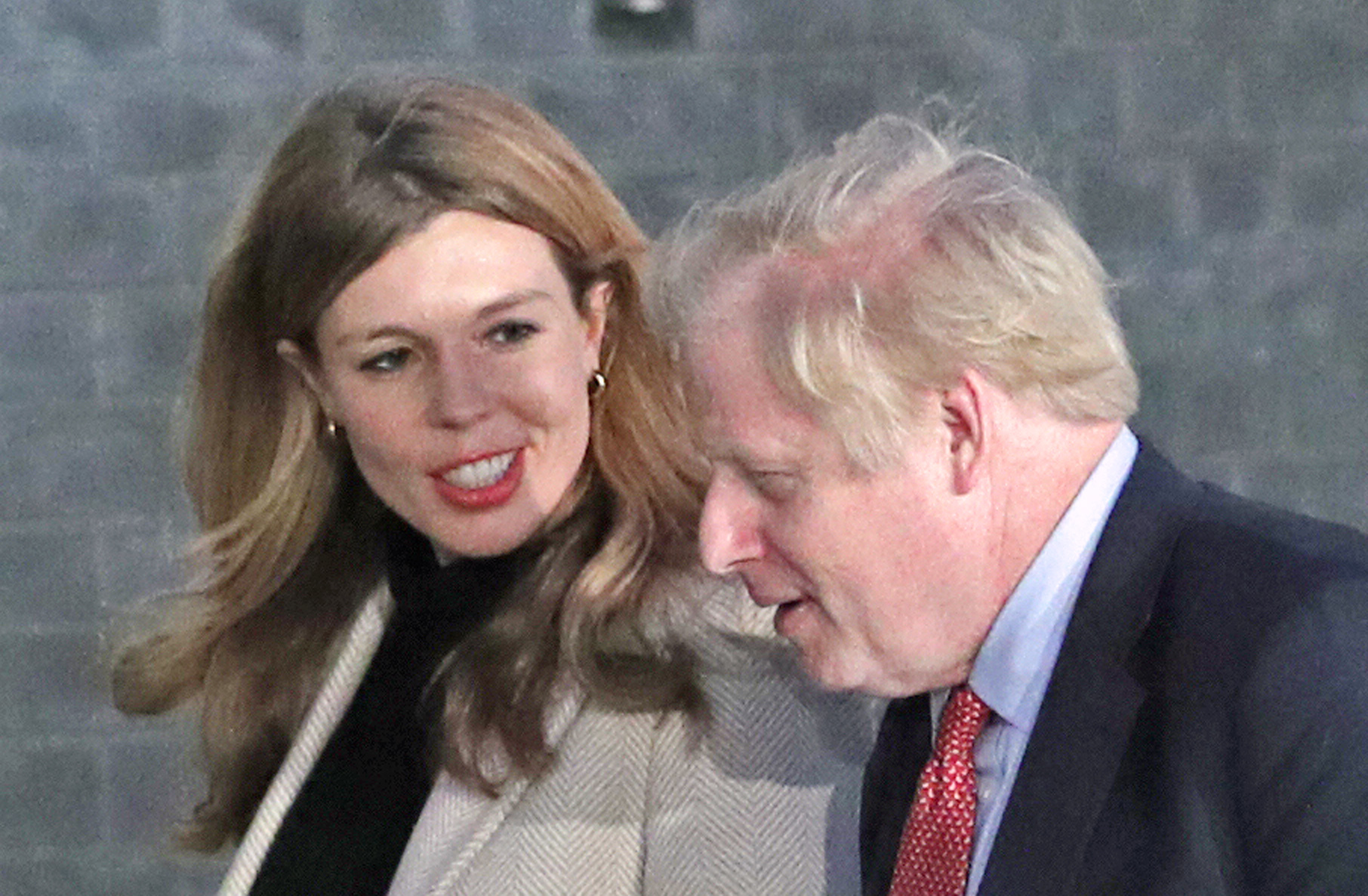Last evening Jeremy Corbyn emailed his supporters: "I've been campaigning all day and the response has been amazing. This election will be close, but it's incredible to see how our people-powered strategy is paying off."
Three hours later, the national exit poll indicated that Labour's people-powered strategy was about to see it reduced to fewer MPs than at any time since 1935 – by any measure, a catastrophic result. It may not be much comfort to him to recall that only a few days earlier, Boris Johnson's right-hand man, Dominic Cummings, was also predicting a close result, raising the possibility of a hung Parliament. Even the Daily Telegraph was taking the prospect of Mr Corbyn in 10 Downing Street seriously.
Obviously they – we, all of us – had been relying far too much on the opinion polls which did not even begin to detect signs of the political earthquake that was about to occur. They were telling us that the gap between the parties was narrowing, to the point where the overall result was becoming impossible to predict. How on earth did they miss a decisive national swing, from left to right, of ten per cent?
But Mr Johnson's victory was not just a traditional Tory win, as achieved three times by Margaret Thatcher and once by John Major. Their battleground was the floating voter, the undecided open-minded man or women who could be persuaded either way as an election campaign unfolded. What makes the 2019 election unique is the wholesale abandonment of their long-standing Labour sympathies by hundreds of thousands of working-class voters in run down post-industrial areas. Floating voters they never were. This is a new phenomenon in British politics, which has busted the pollsters' carefully tuned algorithms to smithereens.
It is a major shift from a class-based political division to one based on identity and personality, in other words, on gut feeling. In the case of identity, the Tory slogan "get Brexit done" crystallised a sense that the Westminster political elite had been trying to impose something on the nation, something to do with a vaguely defined European identity, that the nation had not asked for.
Even many of those who did not vote to leave the EU felt the resentment of those who did, that the 2016 referendum result wasn't being honoured as they had been promised it would be. So the seeds of Labour's "Friday the 13th" general election disaster were sown in the 2017 Labour manifesto's solemn promise to comply with the referendum result. All the Labour machinations against Theresa May's deal, argued on the grounds that it wasn't perfect, began to look like nothing other than bad faith with ulterior partisan purposes.
Jeremy Corbyn's attempt to square the circle was to propose an unlikely compromise, a renegotiated Brexit withdrawal agreement which would then be put to a further referendum in which he would remain neutral. It made him look both weak and shifty. It contributed to a growing feeling among voters, including Labour voters, that Mr Corbyn was not a fit person to lead the nation in the role of Prime Minister. It was a judgement of character, a gut instinct based on cultural stereotypes of the trendy left-wing political activist who had substituted ideological obstinacy in place of intelligence.
Mr Corbyn's manifest inability to understand the searing row inside Labour about anti-Semitism, let alone take effective steps to stamp it out, simply advertised that here was a second-class brain with no self-awareness. He suffers from a conviction of his own rectitude, a well-known personality flaw of left-wing ideologues.
Labour canvassers reported over and over again that while many individuals they approached mentioned Brexit, for or against, a constantly repeated theme on the doorstep was a visceral dislike of Jeremy Corbyn. Many voters did not take instinctively to Boris Johnson, but the anti-Corbyn effect was much more striking. As it turned out, it let Boris Johnson win almost by default. He has Mr Corbyn to thank for his victory.
And Brexit. The election was his personal triumph. But now he has to lead. He says his is a One Nation Conservative Party, and if he really means it he will have to be ruthless with his many Tory colleagues who are unreconstructed Ayn Rand-reading state-shrinking Thatcherites.
A comfortable majority in the House of Commons will give him room to do that. But he is about to be reminded that the Conservative Party is in fact a coalition of many conflicting interests and beliefs. He has just added a new ingredient, Brexit-supporting ex-Labour voters in some of the more marginalised areas of the country who are heavily reliant on State support but damaged by years of Tory cuts and austerity, to this unstable mix. Theresa May failed to manage it, even without that. Can he? Let us hope so, as with Labour in post-election meltdown, people-powered strategy notwithstanding, there really is no alternative.



 Loading ...
Loading ...